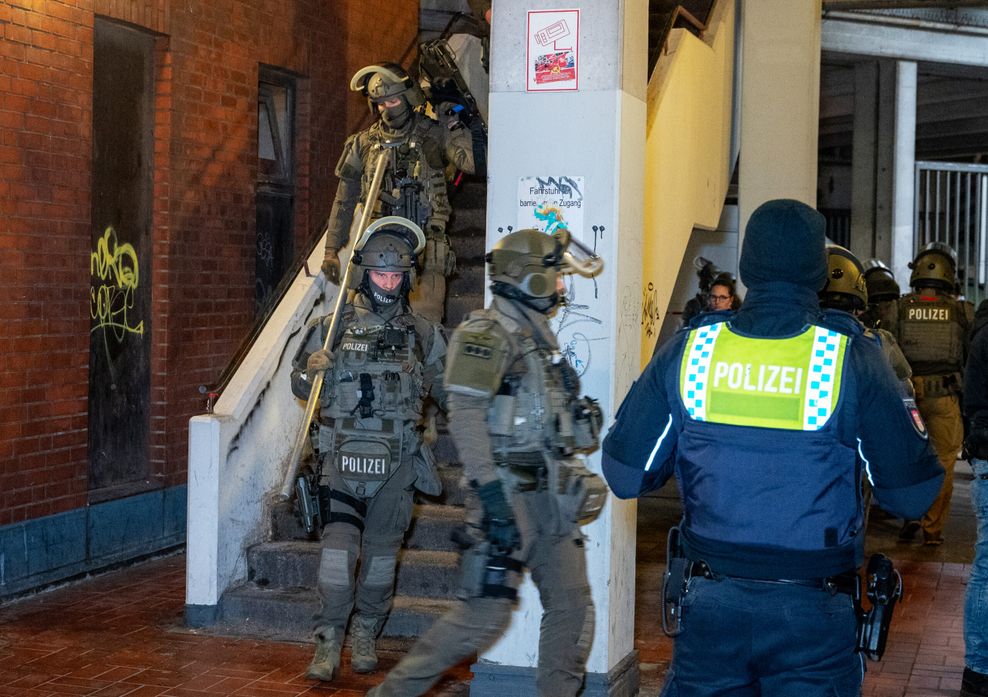European support for the state of Israel further collapsed over the weekend, building on the outrage over the deaths in Gaza expressed in recent days by international courts. In a coordinated move Tuesday, Spain, Ireland and Norway all formally recognized a Palestinian state. Israel’s response was to withdraw its ambassadors from those countries and to effectively oblige their ambassadors to Israel to come and watch footage of the Oct. 7 attacks. We’ve seen much of that footage, so we know its horrific content. But it is no longer enough to persuade most European nations to maintain their support for the Gaza military initiative. And that’s a reality Israel has to look in the eye.
The U.S. might be Israel’s most important ally and biggest arms supplier but its reputation in nearby Europe can’t be ignored.
Granted, Ireland in particular has a long history of squishy support for Israel’s right to securely exist; some believe that’s due to a certain shared history with the Palestinians in that both Ireland and Palestine were under British control in the first decades of the 20th century. Former British Prime Minister Arthur Balfour, author of the Balfour Declaration in 1917, widely seen by Palestinians as an infamous foundational document that gave crucial British support to a Jewish homeland, also was British cabinet secretary for Ireland some years earlier and was similarly detested by Irish nationalists. So there’s that history, and Ireland’s tiny Jewish population (some 2,500 out of a nation of roughly 5 million) is also relevant.
We’d also note that the European declarations tacitly implied that Hamas actually wants a two-state solution, as distinct from the total obliteration of Israel, as both the Hamas charter and history teach us and as anyone who has listened to campus protesters’ chants well knows. For Hamas and its leaders such as Yahya Sinwar, the war is one of religion more than of geopolitics and thus hardly fits within the simplistic “anti-colonialist” blinders found on U.S. campuses. Sinwar has made that all too clear.
Israel suffered its own version of Sept. 11, 2001, in a war started by Hamas, it bears repeating. And time and again, we’ve seen outside countries and groups telling Israel what it should not do in the face of the horrific attacks it suffered Oct. 7, while having little or nothing to say in terms of what it should.
Still, the horrors of Sunday’s Israeli attack on tents filled with Palestinian refugees, described by the flailing Israeli Prime Minister Benjamin Netanyahu as “a tragic accident,” were disastrous for Israel and for those of us whose support for Israel’s right to defend itself has been steadfast, and remains so, but who want to see a swift end to all of this bloodshed of the innocent. We have no illusions about the clear and present dangers of Hamas, but the images from Tal al-Sultan were deeply disturbing.
The Sunday strike in the Tal al-Sultan neighborhood reportedly killed at least 50 people, mostly women and children, and resulted in flaps catching fire and tents being turned into infernos, likely burning some of their long-suffering occupants alive. Mistakes happen in wars, and there is no question that Hamas puts Palestinian civilians intentionally in harm’s way, refugee camps and Hamas command posts often being one and the same. But the sparking of headlines such as “barbaric attack,” as in Britain’s centrist Independent newspaper Tuesday, were less than helpful to the Israeli cause. Such terrible accidents cannot be allowed to occur, even if this one appeared to be a secondary fire. Those 50 or more deaths surely were not worth the two Hamas commanders that Israel says it successfully targeted, especially since those leaders were responsible not for Gaza but the West Bank.
Or to put all of that more simply, Israel is finding out now that — with Hamas shielded by so many hundreds of thousands of displaced, packed-in civilians in Rafah — the world cannot tolerate the bloodshed necessary to achieve Netanyahu’s stated goals. Those goals have to be moderated, at least in the near term.
Much was made in Israeli media Tuesday of Monday comments by Gadi Eisenkot, Israeli War Cabinet minister and former chief of staff of the Israeli army. This is a man who has much moral authority in Israel due in part to the loss of his own 25-year-old son, Gal, to the war in northern Gaza in December. According to the Times of Israel, Eisenkot quietly told the Knesset Foreign Affairs and Defense Committee that there should be a pause in fighting: “The right thing in Gaza is to reach the end of the fighting in Rafah and, at the same time, to move forward on the path to a hostage deal, in the framework of a ceasefire for 42 days, or more than that,” he was reported as saying, noting that the window for any such deal is (a) short and (b) likely dependent on what happens in coming days in Rafah.
Eisenkot is exactly correct. The Netanyahu ideal of completely destroying every trace of Hamas is understandable, but that all-or-nothing approach fails to recognize how incidents like the one Sunday don’t so much increase Israel’s security as to further compromise it, even as global support for the nation erodes and support for Hamas correspondingly increases in the West. By the standards of much of the rest of the world, the response of the Biden administration to Tal al-Sultan has been relatively mild.
Rafah is a quagmire. Israel’s priorities should be not to risk any more more “tragic accidents” in Gaza, to get a temporary cease-fire agreement with Hamas, and to bring home its hostages.
Everything else can and should wait.

















